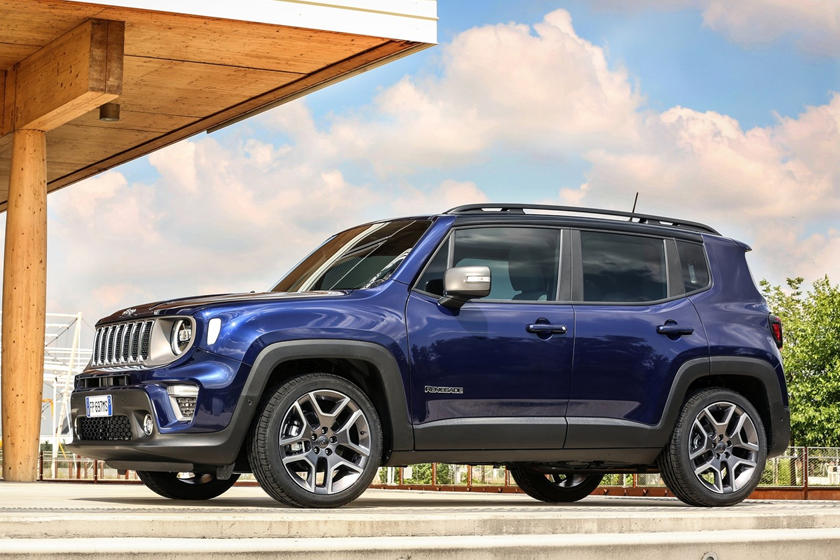FCA is taking every precaution to mitigate the risk of virus spread at its Italian plants.
Outside of mainland China, Italy is the country that’s been hit hardest by the outbreak of COVID-19, the novel coronavirus, with more than 12,000 reported cases bringing the country to a standstill. In the midst of this, Fiat Chrysler Automobiles has shuttered two of its Italian plants – in Melfi, where the Jeep Renegade, Jeep Compass, and Fiat 500X utility vehicles are produced; and in Pomigliano, where the Fiat Panda is assembled – to perform some actions aimed at slowing the virus’s spread.
Those plants, which were closed this week, had each been set to reopen after two or three days. But now, Reuters reports that FCA has made the decision to keep them closed for an extra couple of days, remaining closed until Wednesday, March 18th.
The actions that were to be performed at FCA’s Melfi and Pomigliano assembly plants included sanitizing work and rest areas throughout the facilities, and tweaking processes to leave more physical space between workers. After reopening, the two plants will produce automobiles at a reduced pace.
The Jeep brand is invaluable to Fiat Chrysler’s overall health as a vehicle manufacturer, and analysts have even calculated Jeep’s theoretical value to be greater than the rest of FCA as a whole. The Renegade and Compass aren’t the brand’s hottest sellers, racking up 76,885 and 143,934 unit sales, respectively, in the US last year. Nor are they Jeep’s highest-margin products.
Still, they represent significant revenue generators within the broader FCA portfolio.
Despite the delay in reopening FCA’s plants in Melfi and Pomigliano, there is a sense of urgency as both the automaker and the UILM labor union work to make conditions safe for resuming production.
“The group is focusing its efforts to have those plants which matter more from a market point of view ready to restart production as soon as possible,” UILM representative Gianluca Ficco said on Friday.
Of course, Fiat Chrysler is far from alone in having to slow down vehicle production in response to the coronavirus; automakers the world over have had to scale back and shutter plants, especially in response to reduced vehicle and parts output from mainland China.










